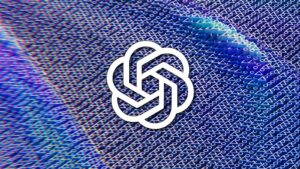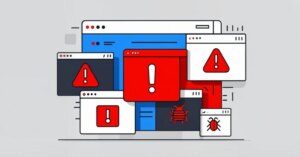Consolidation of Copyright Lawsuits Against OpenAI by Authors and the New York Times in Manhattan

OpenAI Copyright Lawsuits: A Growing Concern for Authors
In recent times, the rise of artificial intelligence (AI) technologies has sparked significant debates around copyright laws, particularly in relation to AI-generated content. A series of lawsuits involving OpenAI, the organization behind advanced AI language models, are now taking place in a consolidated court setting in Manhattan.
Background of the Lawsuits
The lawsuits primarily center on the claims from various authors and publishers who allege that OpenAI has copied or used their works without permission. Notably, major publishing entities like the New York Times have joined the legal actions, highlighting the seriousness of the issue. Authors argue that their creative outputs have been used to train AI models without any form of compensation or acknowledgment.
Key Issues at Stake
Copyright Infringement
One of the core problems raised by the plaintiffs is copyright infringement. Copyright laws are designed to protect creators’ rights over their literary works, granting them control over how their content is used. The authors contend that, by utilizing their texts to build AI systems, OpenAI has violated these fundamental rights.
Fair Use Debate
OpenAI may argue that its use of copyrighted materials falls under "fair use," a legal doctrine that permits limited use of copyrighted material without permission. However, the interpretation of what constitutes fair use, especially in the context of AI training, remains a contentious issue in the legal landscape. Courts are tasked with interpreting these laws in light of technological advancements that were not anticipated when the laws were originally conceived.
Implications for Authors and Publishers
Financial Impact
The outcome of these lawsuits could significantly affect how authors and publishers manage their intellectual property in the digital age. If found in favor of the authors, there may be financial repercussions for AI companies, which could lead to a restructuring of how AI is developed and trained. This could involve licensing agreements or agreements ensuring fair compensation for the use of texts.
Changes in Industry Practices
Future trends could emerge in how AI companies engage with copyrighted material. These developments may necessitate the establishment of new agreements or guidelines to help protect the rights of creators and ensure that they benefit from their work even in an AI-driven environment.
Reaction from the AI Community
The lawsuits have garnered mixed responses within the technology community. Some experts argue that the development of robust AI systems uniquely relies on vast amounts of data, including written works. They assert that it is essential for the technology’s growth. Conversely, there is a growing recognition of the need to balance innovation with the rights of creators to control the use of their works.
Future Considerations
Legislative Changes
In light of these legal challenges, there may be discussions about revising copyright laws to better reflect the realities of AI technology. Lawmakers could be prompted to address gaps in the current legal framework and ensure that it remains relevant as AI continues to evolve.
Ethical Considerations
The cases also raise fundamental questions about ethics in the realm of AI development. Developers must grapple with the moral considerations surrounding the use of creative works and the duty to respect intellectual property rights.
Conclusion
As these lawsuits proceed in the courts of Manhattan, the outcome will likely serve as a precedent for how AI companies interact with copyrighted material in the future. The intersection of technology and intellectual property rights will continue to be a critical area for discussion as society navigates the rapid evolution of AI.






